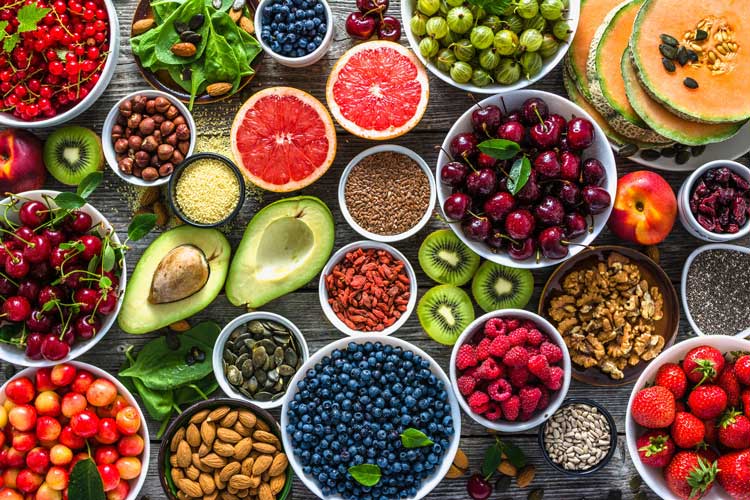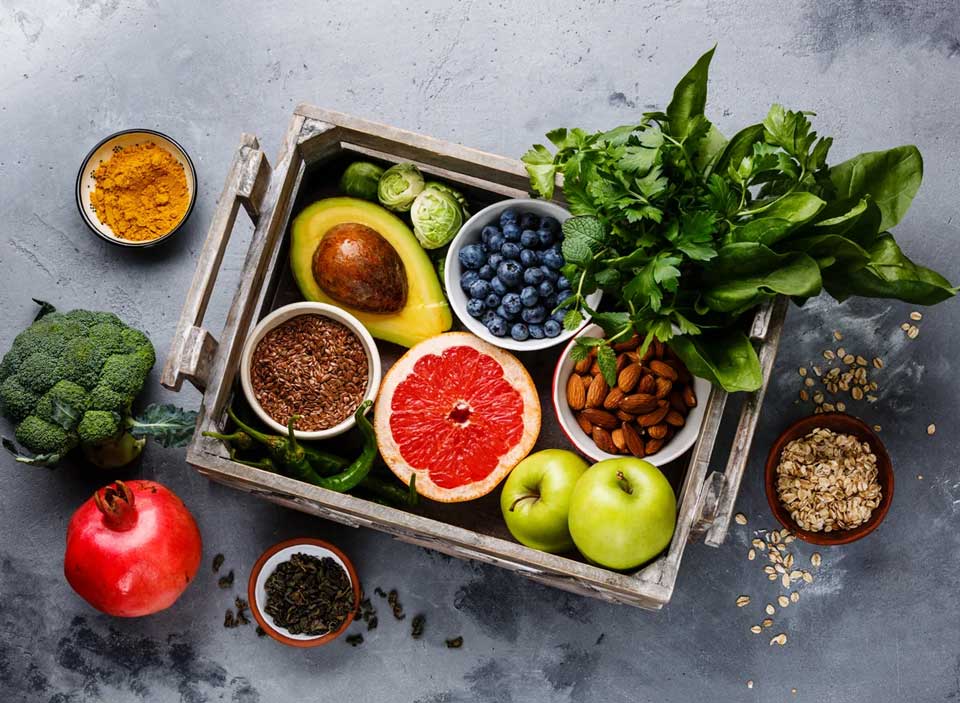11 May 2023 | Aaron Jackson
How Nutrition And Diet Affect Back Pain
Back pain is a prevalent health problem that affects millions of individuals all over the world. While many people associate back pain with poor posture or injury, what you eat can also have an impact on your back health. In this blog post, we'll explore how nutrition and diet affect back pain and what you can do to improve your overall spinal health.
Inflammatory Foods
Certain foods are known to trigger inflammation in the body, which can contribute to back pain. Foods high in sugar, refined carbohydrates, and unhealthy fats are all considered pro-inflammatory. Inflammation is the body's natural response to injury, but chronic inflammation can lead to pain and discomfort. To reduce inflammation in your body, try to limit your intake of processed foods, sugary drinks, and unhealthy fats.
Calcium and Vitamin D
Calcium and vitamin D are essential nutrients for maintaining healthy bones, which can help prevent back pain. Calcium is the building block of bones and vitamin D aids in calcium absorption. A deficiency in either nutrient can lead to weakened bones and an increased risk of fractures. To ensure you're getting enough calcium and vitamin D, try incorporating foods like milk, cheese, yoghurt, salmon, and fortified cereals into your diet.

Hydration
Dehydration can contribute to back pain by reducing the elasticity of the intervertebral discs in your spine. These discs act as shock absorbers between your vertebrae, so when they become dehydrated, they can compress the nerves in your back and cause pain. Drinking plenty of water throughout the day can help keep your intervertebral discs hydrated and reduce your risk of back pain.
Omega-3 Fatty Acids
Omega-3 fatty acids are necessary fats found in meals such as fatty fish, nuts, and seeds. These fats have been shown to have anti-inflammatory properties, which can help reduce back pain. Omega-3 fatty acids can also help improve blood flow to the spine and promote healing. Try incorporating foods like salmon, flaxseed, and walnuts into your diet to increase your intake of omega-3 fatty acids.

Anti-Oxidant Rich Foods
Antioxidants are compounds found in foods like fruits, vegetables, and nuts that help protect the body from oxidative stress. Oxidative stress is a process that damages cells and can contribute to inflammation and pain. Eating a diet rich in antioxidants can help reduce inflammation in the body and prevent back pain. Try incorporating foods like berries, leafy greens, and nuts into your diet to increase your intake of antioxidants.
In conclusion, nutrition and diet can have a significant impact on your spinal health and back pain. Eating a diet rich in anti-inflammatory foods, calcium and vitamin D, omega-3 fatty acids, and antioxidants can help reduce inflammation in the body, strengthen bones, and promote healing. On the other hand, a diet high in processed foods, sugary drinks, and unhealthy fats can contribute to inflammation and pain. By making simple changes to your diet and lifestyle, you can improve your spinal health.
Improve your spinal health and reduce your risk of back pain today! Contact Dallas Back Clinics at (469) 833-2927 to schedule an appointment and learn more about how nutrition and diet can impact your back health.

 Telehealth Visits Available
Telehealth Visits Available
